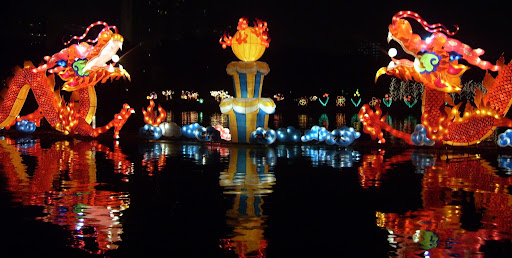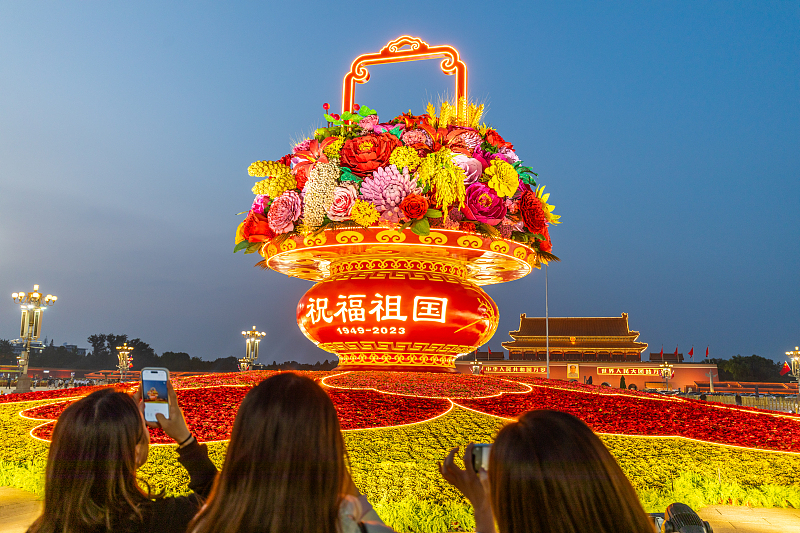Whether you are planning your first trip to China or are a seasoned expat, staying informed about the public holidays can significantly enhance your living and traveling experience. Chinese holidays not only offer a glimpse into the rich tapestry of cultural traditions but also impact everyday life through changes in business operations and transportation. Join us as we delve into China’s remarkable festive calendar for 2025, with a highlight on essential dates that every expat should know.

National Holidays
| January 1st | New Year’s Day |
| January 28th | Spring Festival Eve (Chinese New Year Eve) |
| January 29th – February 4th | Spring Festival Golden Week (Chinese New Year) |
| April 4th – 6th | Qing Ming Jie |
| May 1st – 5th | Labour Day |
| May 31st – June 2nd | Dragon Boat Festival |
| October 1st – 8th | National Day Golden Week |
These holidays are celebrated by the entire country. Everyone receives the work day off for these dates so that they can participate in fantastical festivals and beautiful family gathering events.

Traditional Observances
| February 12th | Lantern Festival |
| March 1st | Zhonghe Festival |
| March 12th | Arbor Day |
| June 1st | Children’s Day |
| July 1st | CPC Founding Day |
| July 11th | Maritime Day |
| August 1st | Army Day |
| August 29th | Chinese Valentine’s Day |
| September 6th | Spirit Festival |
| September 10th | Teacher’s Day |
| October 29th | Double Ninth Festival |
| December 25th | Christmas Day |
In addition to the big holidays, several traditional observances provide texture to everyday life. These holidays do not provide work days off, but there tends to be many large celebrations, rememberances, and excitement around them!
The seasonal solstices and equinoxes, such as the December Solstice on the 21st, Sunday, mark important times for agricultural and spiritual observances in rural areas but are lesser celebrated in urban settings.

Expats living in China during 2025 will find a delightful and complex array of holidays that provide deep insights into Chinese culture and society. During these times, transportation and business operations may be affected, so planning ahead is advisable. Engaging with these celebrations can also provide enriching experiences filled with joy, community, and cultural understanding.
While certain holidays such as Christmas on December 25th are observed, their impact and style of celebration can significantly differ from Western traditions, offering a unique experience for expats from those regions.
Understanding and respecting these dates will not only make your time in China smoother but also more fulfilling. Embrace the opportunity to dive deep into the festive spirit of China and celebrate alongside locals. Here’s to an exciting and eventful year in 2025 full of festivals and cultural immersion!

